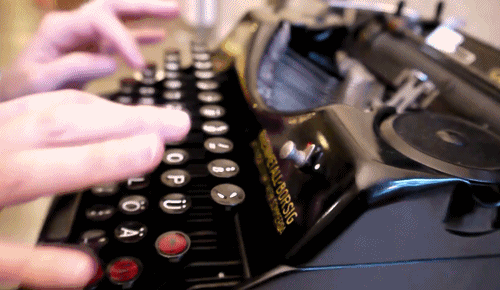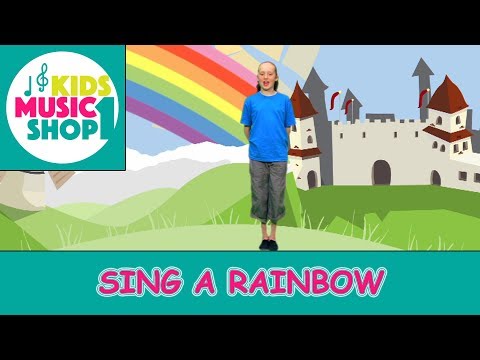A Little Face In The Crowd
 I find that the older I get I spend more time, while sipping my coffee, thinking about my younger days. It doesn’t take much to get me wandering back to the days of my life when I lived in a narrow valley in Western Pennsylvania.
I find that the older I get I spend more time, while sipping my coffee, thinking about my younger days. It doesn’t take much to get me wandering back to the days of my life when I lived in a narrow valley in Western Pennsylvania.
These days my time is filled with thoughts of hi-tech computers and low-tech viruses. Neither of these are the sort of things that make for lingering memories. The things that did, do, and will continue to generate memories involve the people I’ve known and the places I’ve been. Today and tomorrow interest me less than the thousands of my yesterdays.
When I woke up this morning and turned on the TV in the bedroom one of the first images I saw was of a classroom. It reminded me of one in the elementary school where I was introduced to the world outside of my family. St. Mary’s Catholic Grade School was already old when i was enrolled in 1952. The school was started in the 1870s.
I was born in 1946 smack in the middle of the first wave of the Post-War Baby Boom. The hundreds of  thousands of soldiers returning home from the horror of World War Two were thankful to be alive and they celebrated by starting families. My father was too old to be taken into the military, but he got caught up in the spirit of the day and there I was six years later sitting in a classroom alongside 59 other First Grade Boomers. I sat there with the others, all of us staring at Sister Avila standing by her desk in her black and white nun’s habit.
thousands of soldiers returning home from the horror of World War Two were thankful to be alive and they celebrated by starting families. My father was too old to be taken into the military, but he got caught up in the spirit of the day and there I was six years later sitting in a classroom alongside 59 other First Grade Boomers. I sat there with the others, all of us staring at Sister Avila standing by her desk in her black and white nun’s habit.
You read that right. There were 60 kids in my first grade classroom and there was another classroom just as full across the hall. We were packed into our rows of little wooden desks like sardines in a can.
And we learned.
We learned how to sit quietly with our hands neatly folded on the desktop. We learned to stand up every morning and say the Pledge of Allegiance to the flag. We learned how to read. We learned how to write in cursive. We also learned how to get along with 59 other kids.
We learned how to be the good kids everyone expected us to be.
That expanding bubble of Baby Boom kids continued all through my school years and it is still there even now. Now, however, all of us who sat in that crowded first grade classroom are hitting 75 years of age. We are the Senior Citizens who are filling up the hospitals, nursing homes, and cemeteries.
 Today the desks at St. Mary’s are occupied with a new generation born in this century. The classes are smaller now. There isn’t a rush to build new schools like there was in the 1950s. The old schools that had been filled to the walls with the sons and daughters of the returning veterans are being torn down and replaced with Health Clubs and Organic Food Stores.
Today the desks at St. Mary’s are occupied with a new generation born in this century. The classes are smaller now. There isn’t a rush to build new schools like there was in the 1950s. The old schools that had been filled to the walls with the sons and daughters of the returning veterans are being torn down and replaced with Health Clubs and Organic Food Stores.
My generation – The Baby Boomers are now fading from the scene. The nation’s population is still growing but at a slower pace. There might never be another classroom with 60 little kids squirming in their seats and practicing their penmanship. Today’s teachers are horrified when they are faced with more than twenty curious faces staring at them.
In 1952 our stern-faced nuns in black and white struggled through the turmoil and managed to have most of those 60 youngsters turn out just fine. If there was one most important thing we learned in those crowded classrooms it was how to work together and not be afraid to ask questions. Those skills have served us well over the years.
Thank you, Sister.

































